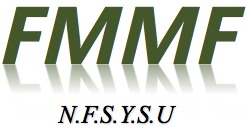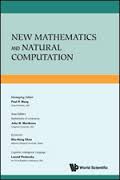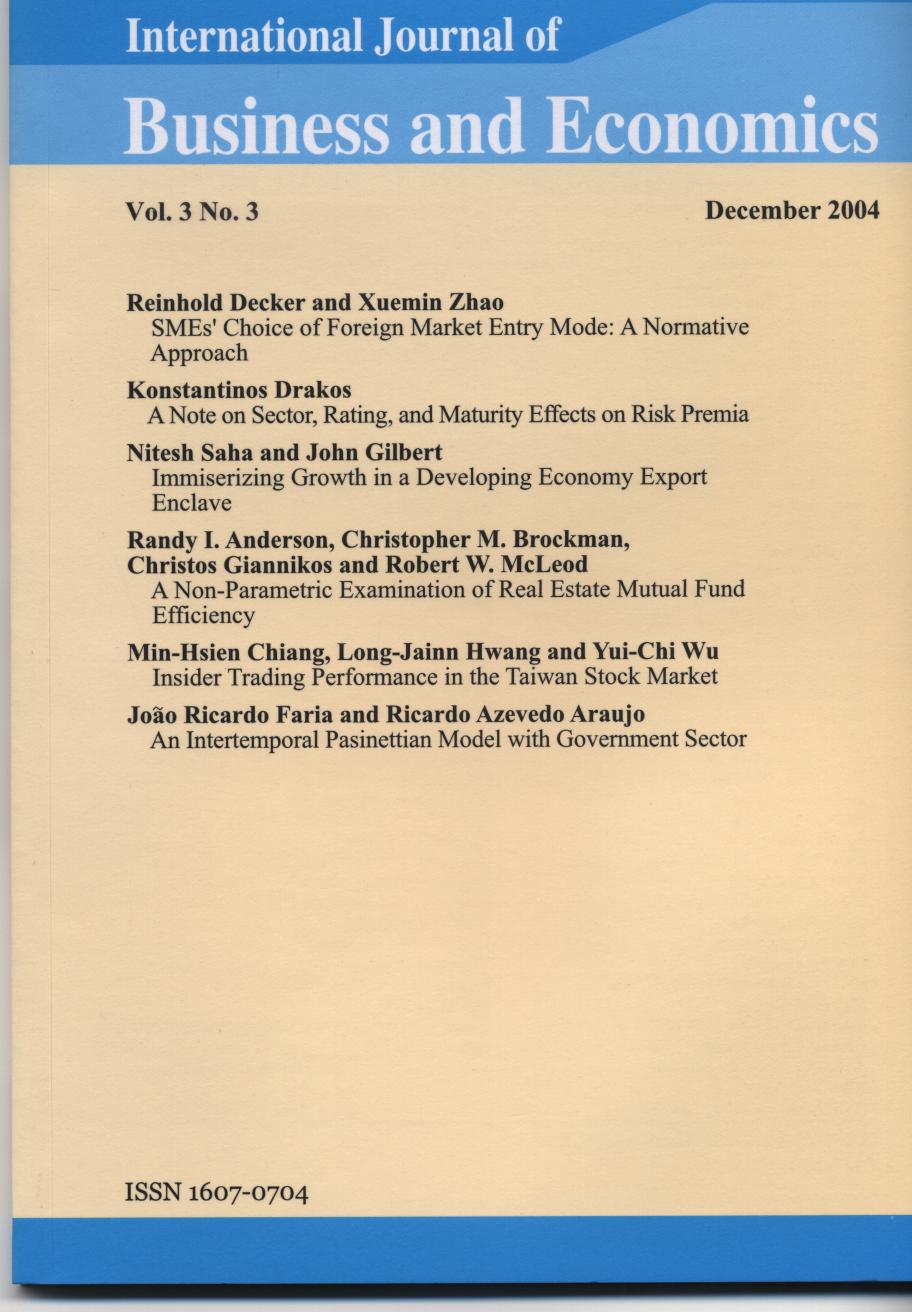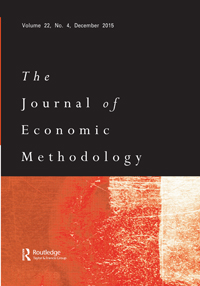Keynote Speakers
Robert Axtell, George Mason University
Title: Is Agent Computing the New Calculus for Social Interactions? Abstract
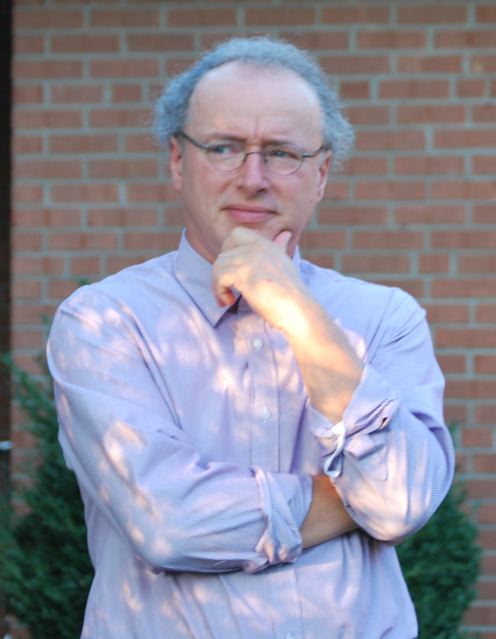
Rob Axtell is Professor of Economics and of Computational Social Science at George Mason University, and a member of the Krasnow Institute for Advanced Study. He is Co-Director of the new Computational Public Policy Lab at Mason and External Faculty Member at both Northwestern University's Institute on Complex Systems and the University of Waterloo's Institute for Complexity and Innovation. Previously he was a Senior Fellow in the Economic Studies and Governance Studies programs at the Brookings Institution. He has been Visiting Professor in the Complexity Economics Programme at the University of Oxford, Mellon Visiting Distinguished Professor at Middlebury College, and External Professor at the Santa Fe Institute. He holds a Ph.D. in Engineering and Public Policy from Carnegie Mellon University. His research involves agent-based computational models of social phenomena. His book Growing Artificial Societies: Social Science from the Bottom Up, (MIT Press, 1996), co-authored with J.M. Epstein, is widely cited as an early statement of the potential of multi-agent systems to represent social processes. His research has appeared in leading general interest scientific journals (e.g., Science, Proceedings of the National Academy of Sciences USA, PLOS One), disciplinary journals (e.g., American Economic Review, Economic Journal, Computational and Mathematical Organization Theory, Journal of Regulatory Economics), and has been reprised in the popular science press (e.g., Nature, Scientific American, Science News, New Scientist, Discover, Technology Review), in newspapers and magazines (e.g., Wall Street Journal, Los Angeles Times, Washington Post, Atlantic Monthly, the New Yorker) and in a museum installation. His current research involves the creation of entire artificial economies consisting of 100s of millions of agents.
Claudio Cioffi-Revilla, George Mason University
Title: A von Neumann operator for exact analytical calculus of hybrid functions in complex systems Abstract
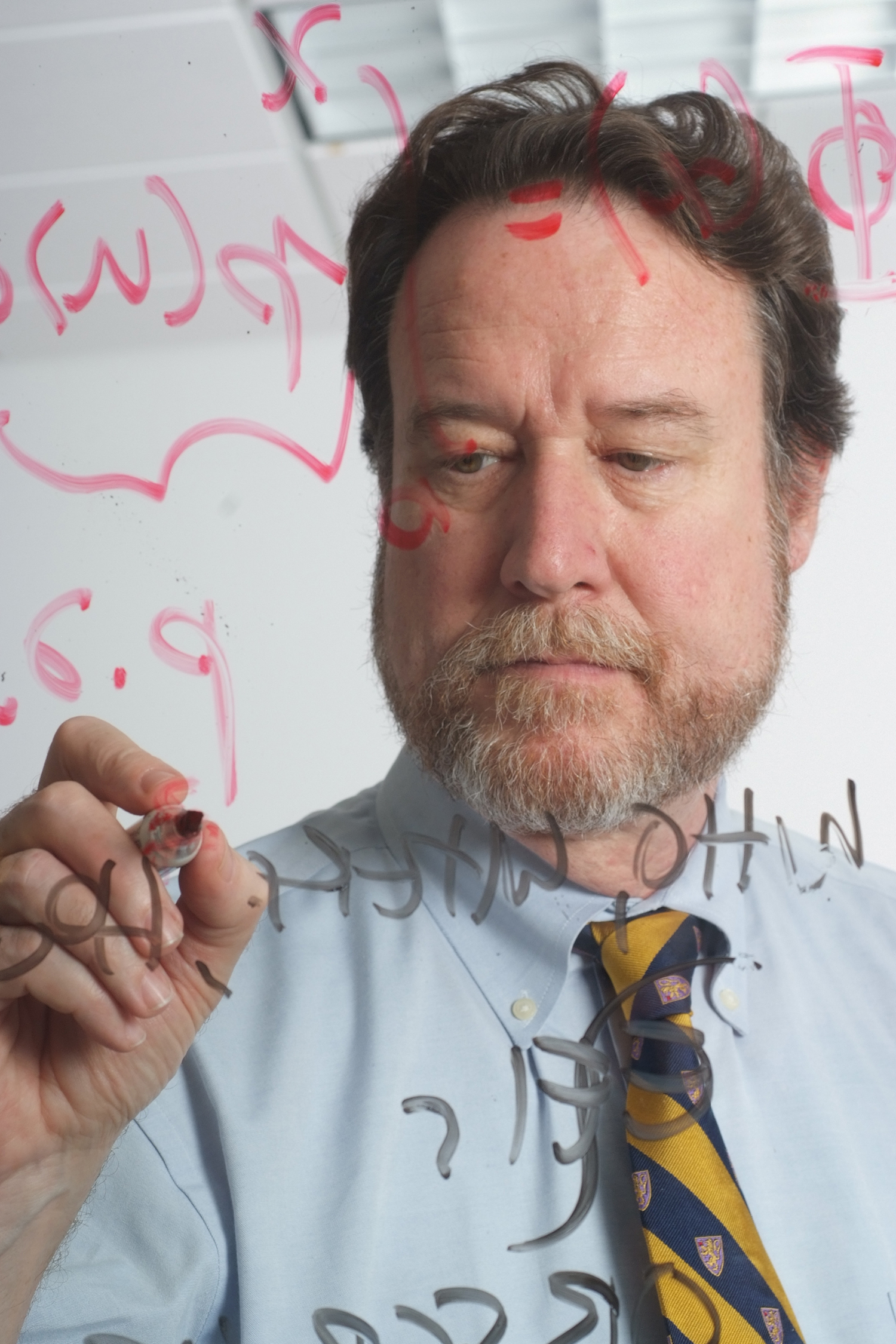
Cioffi-Revilla is University Professor of Computational Social Science, founding and former Chair of the Department of Computational Social Science, and founding and current Director of the Mason Center for Social Complexity at George Mason University. He holds two doctoral degrees in Political Science and International Relations and has conducted extensive scientific research on conflict and disasters, international relations, computational social science modeling, and social complexity with funding from DARPA, NSF, ONR, NATO, and European research agencies. He has authored six books, the most recent being Introduction to Computational Social Science (Springer 2014), the first comprehensive textbook in CSS, and over 90 papers in peer-reviewed journals and publications. He has served in various senior science advisory capacities in the US and other NATO governments, including as Jefferson Science Fellow of the National Academy of Sciences, and is an Associate Research Scientist at the Smithsonian National Museum of Natural History in Washington DC.
Bruce Caldwell, Duke University
Title: F. A. Hayek and the Theory of Complex Phenomena.

Bruce Caldwell is a Research Professor of Economics and the Director of the Center for the History of Political Economy at Duke University. He is the author of Beyond Positivism: Economic Methodology in the 20th Century, first published in 1982. For the past two decades his research has focused on the multi-faceted writings of the Nobel prize-winning economist and social theorist Friedrich A. Hayek. Caldwell is the author of Hayek's Challenge: An Intellectual Biography of F. A. Hayek, and since 2002 has been the General Editor of The Collected Works of F.A. Hayek. He is currently working on a family authorized biography of Hayek. Caldwell has held research fellowships at New York University, Cambridge University, and the London School of Economics. He is a past president of the History of Economics Society and of the Southern Economic Association, a past Executive Director of the International Network for Economic Method, and a Life Member of Clare Hall, Cambridge.
John Davis, Marquette University
Title: The Sea Battle Tomorrow: The Identity of Reflexive Economic Agents Abstract

John B. Davis, Professor of Economics, Marquette University, Professor of Economics, University of Amsterdam, and Fellow of the Tinbergen Institute, is author of Keynes's Philosophical Development (Cambridge, 1994), The Theory of the Individual in Economics (Routledge, 2003), Individuals and Identity in Economics (Cambridge, 2011), and co-author with Marcel Boumans of Economic Methodology: Understanding Economics as a Science (2nd ed., Palgrave, 2016). He has been a visiting professor at the University of Paris Sorbonne, Cambridge University, Erasmus University, Duke University, and University of Reims. He is co-editor with Wade Hands of the Journal of Economic Methodology. His current research addresses the principle of reflexivity in complex evolutionary systems with particular attention to the nature of reflexive economic agents. His personal website is here.
John Duffy, University of California at Irvine
Title: Learning to Coordinate: Experiments with Artificial and Real Agents Abstract
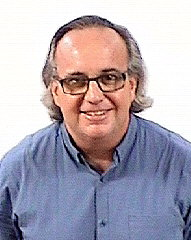
John Duffy is Professor of Economics at the University of California, Irvine. His research concerns the micro-foundations of aggregate phenomena such as monetary exchange, oting and information aggregation and social norms of behavior. Duffy addresses these topics using models, laboratory experiments and agent-based simulations. His research has appeared in the leading economics journals and has been funded by the U.S. National Science Foundation.
Norman Greenburg, West Michigan University
Scott Huettel, Duke University
Title: Why bother with the brain? The promise and challenge of neuroeconomics Abstract
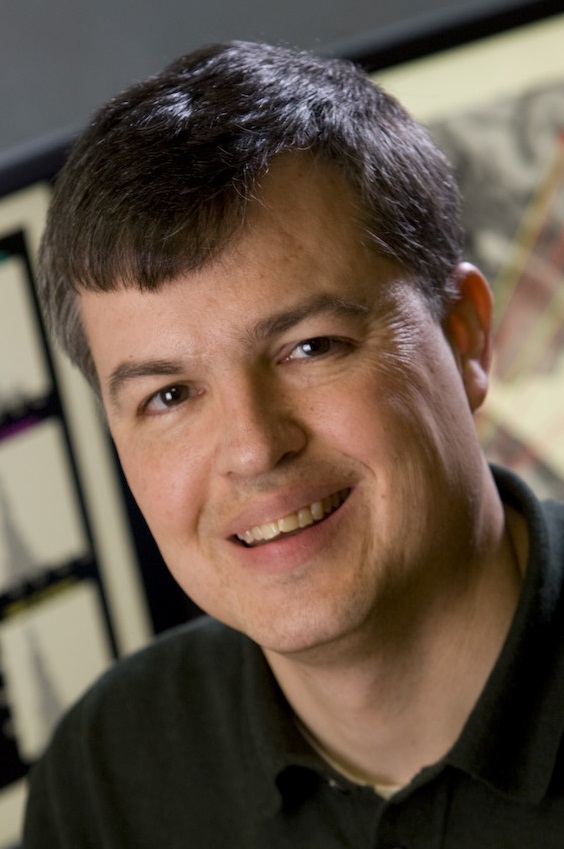
Scott Huettel is the Jerry G. and Patricia Crawford Hubbard Professor and Chair of the Department of Psychology and Neuroscience, with secondary appointments in the Departments of Psychiatry and Neurobiology. His research uses a combination of behavioral, genetic, physiological, and neuroscience techniques to discover the neural mechanisms that underlie higher cognition, with a focus on economic and social decision making. Much of his research - which includes collaborations with neuroscientists psychologists, behavioral economists, and business and medical faculty - falls within the emerging interdiscipline of neuroeconomics, where he is a Past-President of the Society for Neuroeconomics. He is an author of more than 120 scientific publications, including articles in Science, Nature Neuroscience, Nature Reviews Neuroscience, Neuron, Psychological Science, and other top journals in several fields. His research has been featured in CNN, Newsweek, Money Magazine, NPR Science Friday, and many other media outlets. He is lead author on a primary textbook in neuroscience, Functional Magnetic Resonance Imaging, and is a co-editor of the textbook Principles of Cognitive Neuroscience. Dr. Huettel has won the Dean's Award for Excellence in Mentoring from the Duke University Graduate School, and has been recognized as one of the top 5% of undergraduate instructors at Duke.
Huan Liu, Arizona State University
Title: The Good, the Bad and the Ugly: Uncovering Novel Opportunities of Data Science Abstract
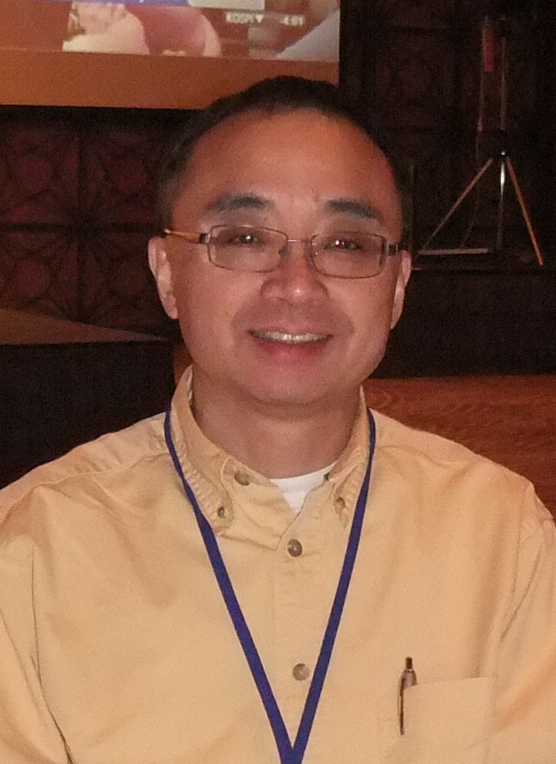
Huan Liu is a professor of Computer Science and Engineering at Arizona State University. He obtained his Ph.D. in Computer Science at University of Southern California and B.Eng. in Computer Science and Electrical Engineering at Shanghai JiaoTong University. Before he joined ASU, he worked at Telecom Australia Research Labs and was on the faculty at National University of Singapore. At Arizona State University, he was recognized for excellence in teaching and research in Computer Science and Engineering and received the 2014 President's Award for Innovation. His research interests are in data mining, machine learning, social computing, and artificial intelligence, investigating interdisciplinary problems that arise in many real-world, data-intensive applications with high-dimensional data of disparate forms such as social media. His well-cited publications include books, book chapters, encyclopedia entries as well as conference and journal papers. He is a co-author of Social Media Mining: An Introduction by Cambridge University Press. He serves on journal editorial boards and numerous conference program committees, and is a founding organizer of the International Conference Series on Social Computing, Behavioral-Cultural Modeling, and Prediction. He is an IEEE Fellow. More information can be found here.
Barkley Rosser, James Madison University
Title: Complexity and Institutional Evolution Abstract
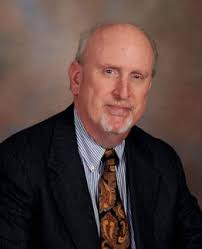
John Barkley Rosser, Jr. is the Professor of Economics and Kirby L. Cramer, Jr. Professor of Business Administration at James Madison University in Harrisonburg, Virginia. He is known for work in nonlinear economic dynamics, including applications in economics of catastrophe theory, chaos theory, and complexity theory (complex dynamics, complexity economics). With Marina V. Rosser he invented the concept of the "new traditional economy". He introduced into economic discourse the concepts of chaotic bubbles, chaotic hysteresis, and econochemistry. He has published several books and about 150 journal articles, book chapters, and book reviews in a wide variety of sub-fields of economics. He served as Editor of the Journal of Economic Behavior and Organization from 2001-2010. He is also the Founding Editor-in-Chief of the Review of Behavioral Economics.
Leigh Tesfatsion, Iowa State University
Title: Economic Systems as Constructively Rational Games: Oh, the Places We Could Go! Abstract
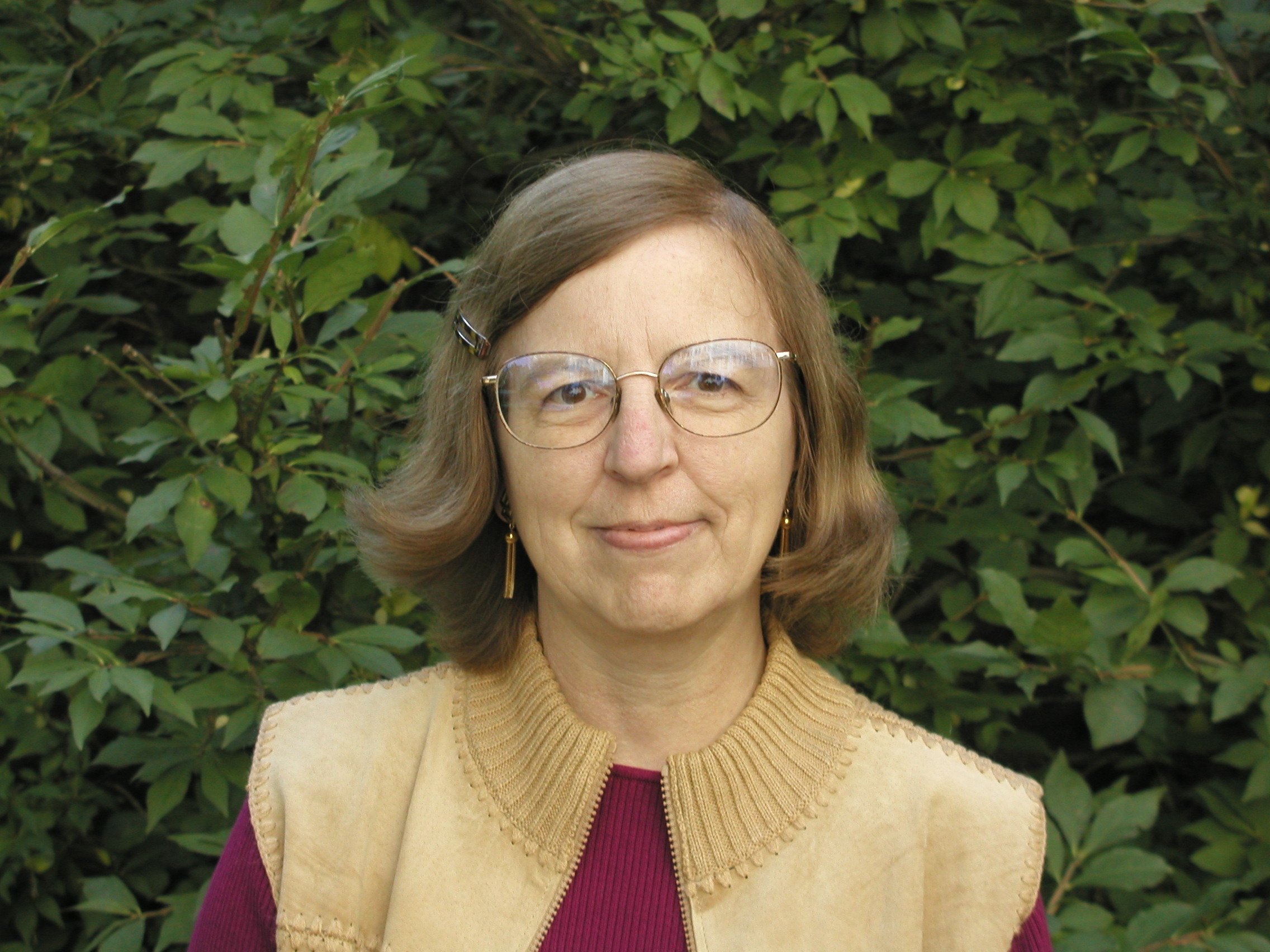
Leigh Tesfatsion is a Professor of Economics with courtesy appointments as Professor of Mathematics and Professor of Electrical and Computer Engineering at Iowa State University. She is an interdisciplinary researcher whose primary specialty is the study of economic processes as critical components of coupled natural and human systems. In support of this study, she has pursued the development of Agent-based Computational Economics (ACE), the computational modeling of economic processes (including whole economies) as open-ended dynamic systems of interacting agents. Her current work focuses on three research topics: (1) the study of macroeconomies as open-ended dynamic games with constructively rational participants to facilitate the understanding of macroeconomies as historical processes; (2) the study of water and climate change issues with the ultimate goal of facilitating watershed sustainability through community engagement; and (3) the study of new contract designs for electric power markets to facilitate the increased penetration of renewable energy resources. She has published 128 research articles on these and related topics in a variety of journals, edited books, and conference proceedings. For further information about her research and professional service activities, please refer to her full CV.





